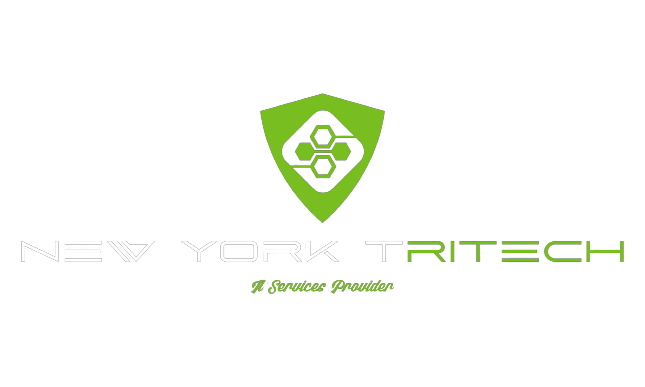The digital transformation wave has reshaped the way businesses think about their IT infrastructure. As companies grapple with choosing between public clouds, private clouds, and on-premises solutions, a new hero emerges on the horizon – the hybrid cloud. But is this mixed model of data storage and management the right fit for your business? Let’s dive into the intricacies of the hybrid cloud to help you make an informed decision.
What is Hybrid Cloud?
At its core, a hybrid cloud combines on-premises infrastructure (or a private cloud) with a public cloud, allowing data and applications to be shared between them. This way, businesses can have greater flexibility and more deployment options.
Benefits of Hybrid Cloud:
- Flexibility and Scalability: A hybrid approach provides businesses with the flexibility to scale up or down based on demand without major changes to the existing infrastructure.
- Optimized Costs: Businesses can enjoy the best of both worlds: the cost-effectiveness of public cloud resources for scalable needs and the security of private infrastructure for sensitive operations.
- Security and Compliance: Keep sensitive data on-premises or in a private cloud while leveraging the expansive resources of a public cloud for less-sensitive operations.
- Business Continuity: In the event of a disaster, having a hybrid setup can ensure data availability from multiple sources, improving recovery time and reducing data loss.
- Innovation and Speed: The public cloud portion can be utilized for testing and development, ensuring faster time-to-market for products and services.
Potential Drawbacks:
- Complexity: Managing multiple platforms can be complex, requiring expertise in both private and public cloud environments.
- Cost Overruns: Without proper management, hybrid environments can lead to unexpected costs, especially if workloads aren’t optimized for where they’re hosted.
- Data Transfer Delays: Transferring large volumes of data between private and public environments can lead to latency issues.
- Security Concerns: Ensuring security compliance across multiple platforms can be a challenge. Misconfigurations can expose vulnerabilities.
Is Hybrid Cloud Right for Your Business?
To determine if the hybrid cloud model aligns with your business objectives, consider the following:
- Data Sensitivity: If your business handles a mixture of sensitive and non-sensitive data, a hybrid cloud can offer a balanced approach.
- Scalability Needs: Businesses expecting fluctuating growth or seasonal demand can benefit from the scalable nature of hybrid clouds.
- Regulatory Compliance: For industries bound by strict data storage and processing regulations, hybrid clouds can offer both compliance and flexibility.
- Budget Constraints: If you’re looking for cost optimization without compromising on resources, a hybrid model can provide the best of both worlds.
Conclusion:
The hybrid cloud offers a compelling model that blends the strengths of both public and private clouds. However, the decision to adopt it should be based on a thorough assessment of your business needs, objectives, and existing infrastructure.
Remember, the ultimate goal is to optimize efficiency, security, and cost. If hybrid cloud aligns with these objectives, it might be the key to propelling your business to new heights in the digital age. If you’re unsure, it’s always a good idea to consult with an IT expert or cloud consultant to tailor the perfect strategy for your organization.

